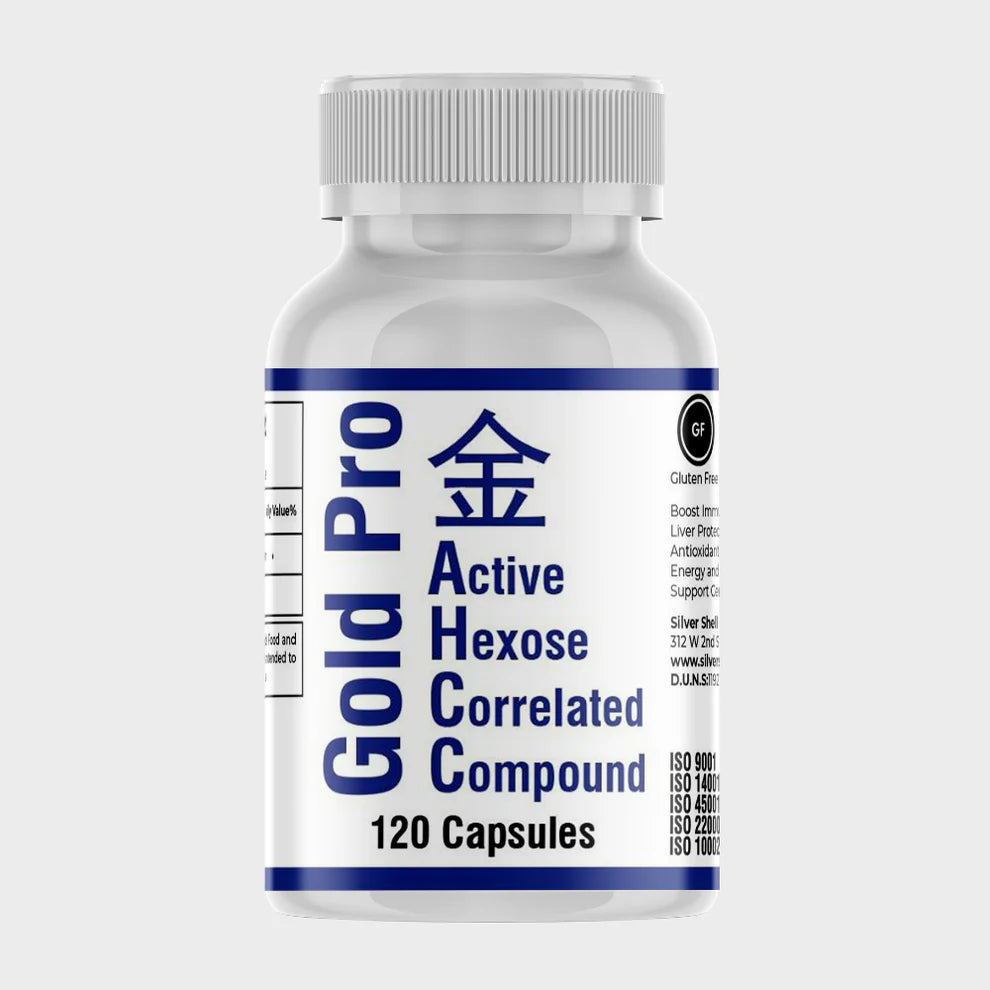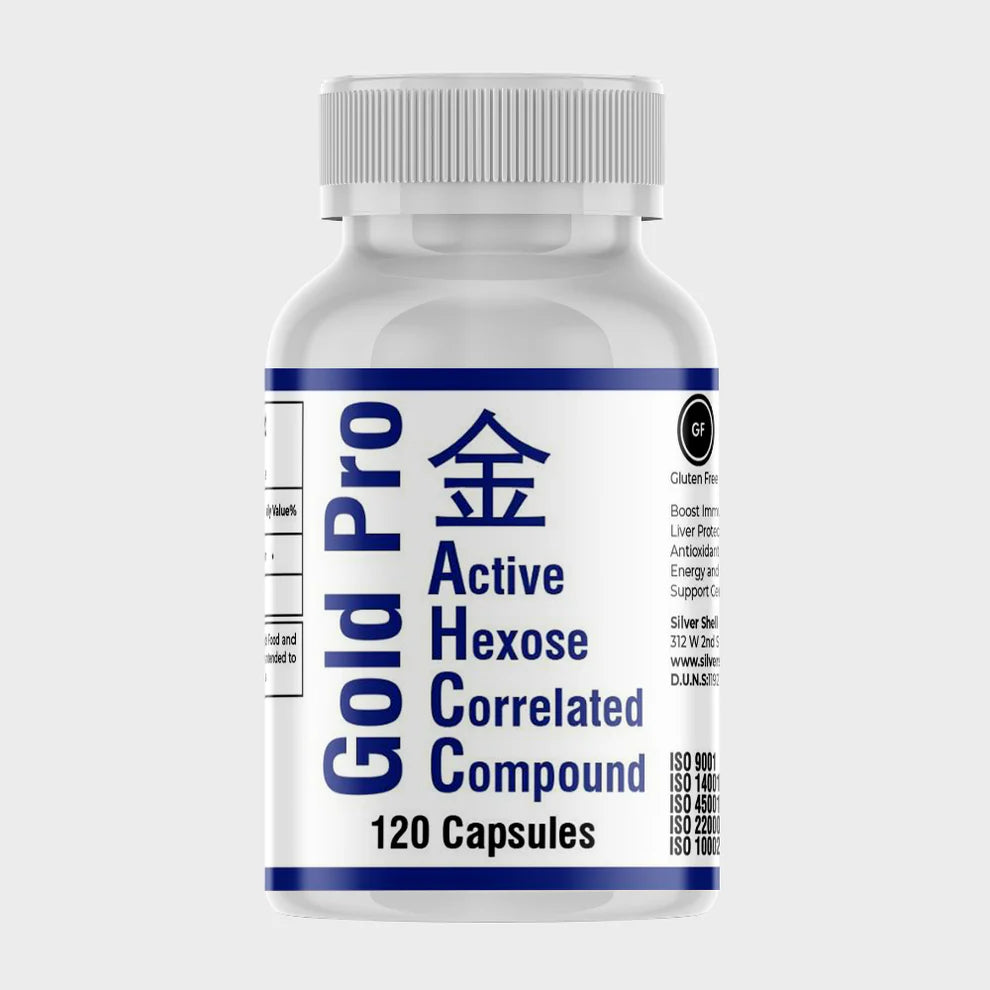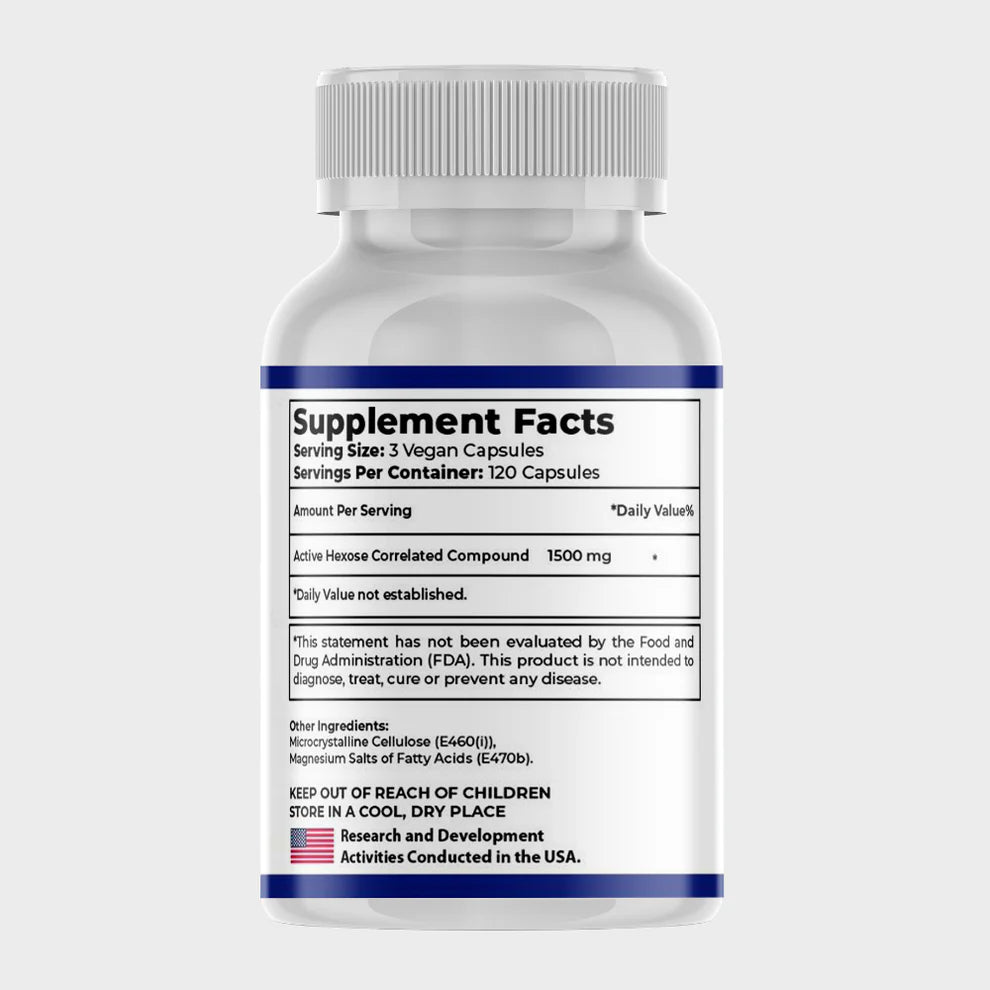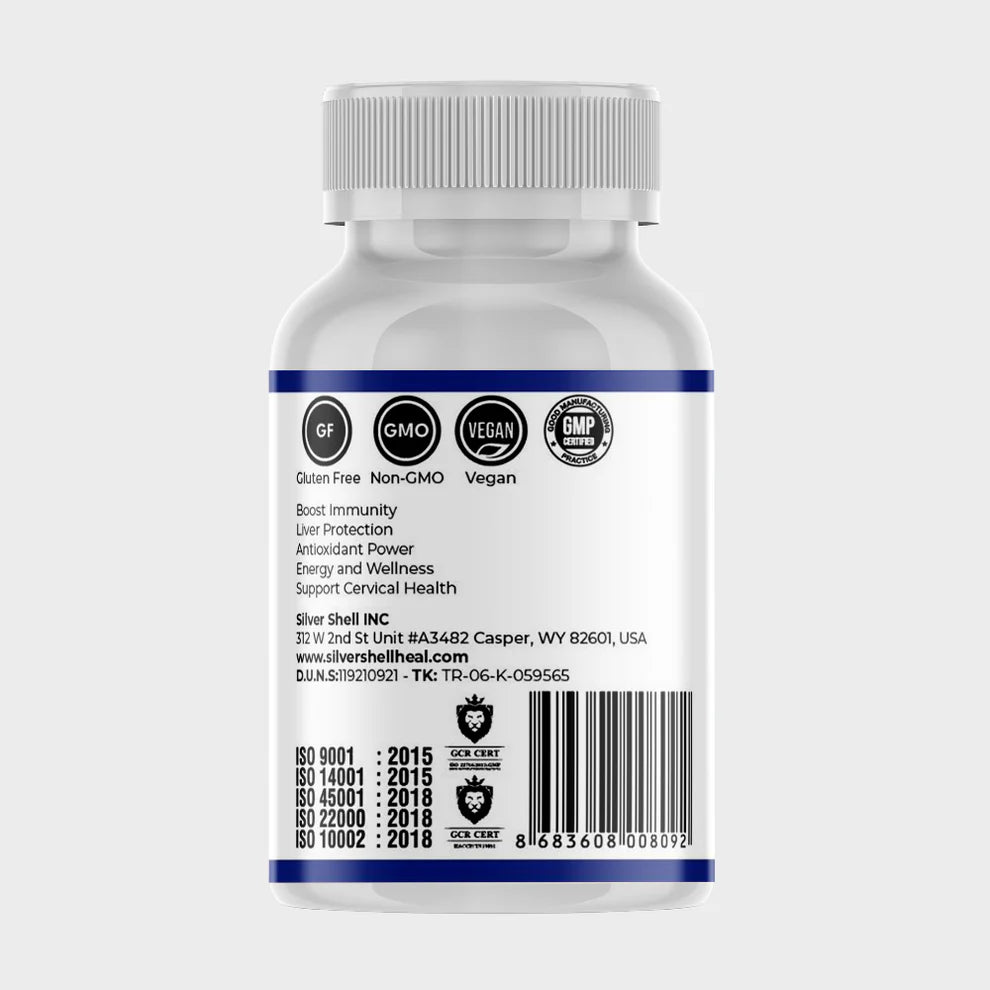Despite the availability of vaccines and other preventative measures, the search for effective treatments to combat HPV and its associated conditions continues. One promising candidate is AHCC (active hexose correlated compound), a natural supplement derived from shiitake mushrooms. AHCC has garnered attention for its potential to enhance immune function, particularly in fighting HPV and preventing the progression of HPV-related diseases. AHCC is thought to work by boosting the activity of natural killer (NK) cells, a type of white blood cell crucial for combating infections and cancer.
This article delves deeper into the latest clinical studies on AHCC and its potential in managing HPV-related conditions.
Study on AHCC and HPV Clearance
In a groundbreaking study published in the Journal of International Medical Research in 2014, researchers explored the potential of AHCC to clear HPV infections. The study involved ten women who tested positive for high-risk strains of HPV. These women were administered AHCC daily for six months. Remarkably, at the study's conclusion, eight of the ten women had successfully cleared the virus. Although the sample size was limited, the study's results provided a promising indication of AHCC's ability to assist in the natural clearance of HPV infections.
Study on AHCC and HPV-Related Cervical Dysplasia
Cervical dysplasia, a precancerous condition linked to HPV, is a significant concern for women worldwide. A 2014 study published in the Journal of Obstetrics and Gynaecology Research investigated the effects of AHCC on women with HPV-related cervical dysplasia. The study enrolled 50 women diagnosed with cervical dysplasia and provided them with AHCC supplementation for up to six months. The results were encouraging: those who received AHCC showed a higher rate of regression of cervical dysplasia compared to the control group. This finding suggests that AHCC may play a role in reversing the progression of HPV-related precancerous conditions.
Study on AHCC and HPV-Related Oropharyngeal Cancer
The link between HPV and oropharyngeal cancer—a type of cancer affecting the throat, base of the tongue, and tonsils—has become increasingly evident in recent years. In 2019, a study published in the Journal of Alternative and Complementary Medicine examined the impact of AHCC on patients with HPV-related oropharyngeal cancer. The study involved ten patients who were treated with AHCC alongside standard cancer therapies. The findings were notable: patients who took AHCC experienced a higher rate of tumor response and longer progression-free survival than those who did not receive the supplement. This study highlights AHCC's potential as an adjunctive treatment in managing HPV-related cancers.
Study on AHCC and the HPV Vaccine
Vaccination remains a cornerstone in preventing HPV infections and their associated complications. A study published in the Journal of Nutritional Science and Vitaminology in 2017 explored whether AHCC could enhance the immune response to the HPV vaccine. The study involved 30 healthy women who were administered AHCC for four weeks prior to receiving the HPV vaccine. The results were promising: women who took AHCC exhibited higher antibody levels in response to the vaccine compared to those who did not. This study suggests that AHCC boosts the effectiveness of the HPV vaccine, potentially offering enhanced protection against the virus.
Study on AHCC and Anal HPV Infections
Anal HPV infections are a growing concern, particularly among men who have sex with men, as these infections can lead to anal cancer. In 2020, the Journal of the American College of Surgeons published a study examining the effect of AHCC on anal HPV infections. The study involved 27 men who tested positive for anal HPV. Over a six-month period, these men received AHCC supplementation. By the study's end, 23 of the 27 participants had cleared the virus. While this study was small, the results suggest that AHCC holds promise in managing anal HPV infections, potentially reducing the risk of progression to cancer.
Additional Clinical Insights: AHCC and Immune Modulation
Beyond these specific studies, additional research has explored AHCC's broader immunomodulatory effects. For instance, a study published in the International Journal of Medicinal Mushrooms in 2013 found that AHCC enhances the production of cytokines—proteins that play a crucial role in cell signaling during immune responses. This suggests that AHCC is not only assists in clearing HPV infections but also bolsters the body's overall immune defense, potentially providing protection against other infections and diseases.
Another study, published in Nutrition and Cancer in 2018, examined AHCC's effects on patients undergoing chemotherapy for various cancers, including those linked to HPV. The researchers found that AHCC supplementation led to a reduction in chemotherapy-induced side effects, such as nausea and fatigue, and improved patients' overall quality of life. This further supports the potential role of AHCC in comprehensive cancer care, particularly for those with HPV-related cancers.
Conclusion
AHCC stands out as a natural supplement with significant potential in managing HPV infections and preventing the progression of HPV-related diseases. The clinical studies highlighted in this article provide compelling evidence of AHCC's efficacy in enhancing immune responses, clearing HPV infections, and improving outcomes for individuals with HPV-related conditions. While research on AHCC is still emerging, the existing studies are promising and indicate a need for larger, more comprehensive trials to fully understand its benefits.





